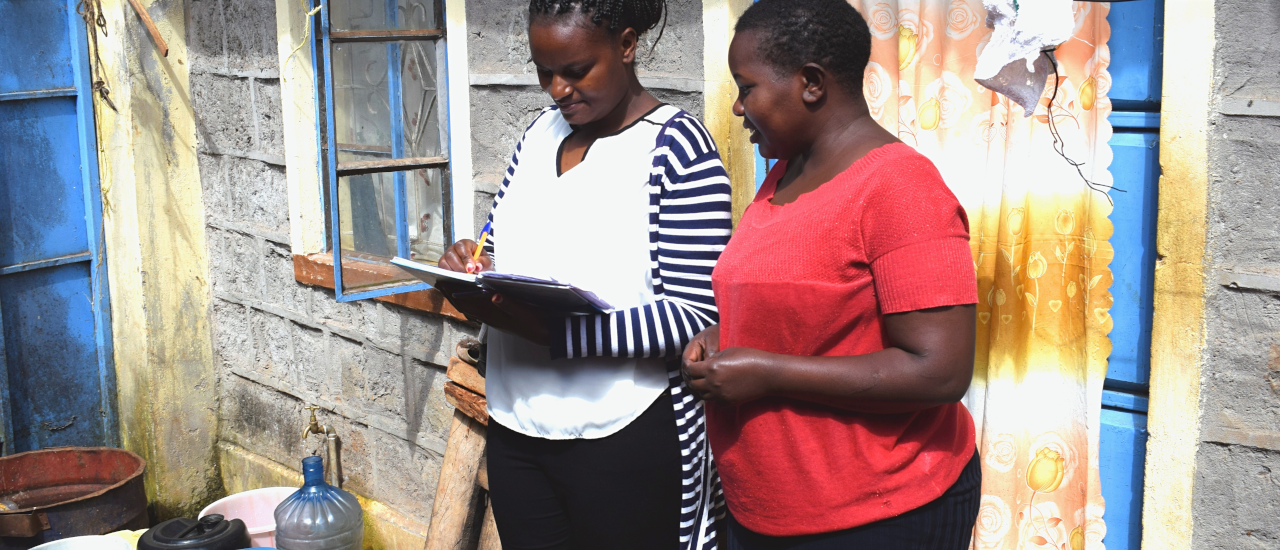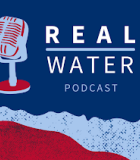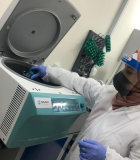Water, sanitation, and hygiene (WASH) is the first line of defense against the spread of COVID-19. Safe WASH practices can help stop human-to-human transfer of the virus at the household- and community-level. Recognizing the crucial role of WASH services during a pandemic, national and county governments, especially in low- and middle-income countries, have deemed WASH as essential services and have directed water utilities to ensure uninterrupted supply to all consumers, regardless of their ability to pay. While important for public health, this directive can compromise the financial health of utilities over the long-term.
As a result of the COVID-19 pandemic, water utilities are caught in a perfect storm of declining revenue coupled with rising costs. In Kenya, the government’s directive to water service providers (WSPs) includes the following requirements: water should be provided for free in informal settlements and public places, disconnected customers should be reconnected, and no disconnections for nonpayment of bills should be carried out during the pandemic. In addition, WSPs also have to comply with social distancing guidelines and use personal protective equipment (PPE) and other infection control measures.
While these directives serve important public health needs, they also amplify the economic effects of the COVID-19 pandemic on water utilities. WSPs, which rely on fees from customer tariffs, new connections, and reconnections to cover their operations and maintenance costs, stand to incur huge losses in revenue from these directives. This sharp decline in revenue collection, combined with the cost of COVID-19–related compliance, increases the financial stress on utilities.
Read the full article on Global Waters on Medium.






